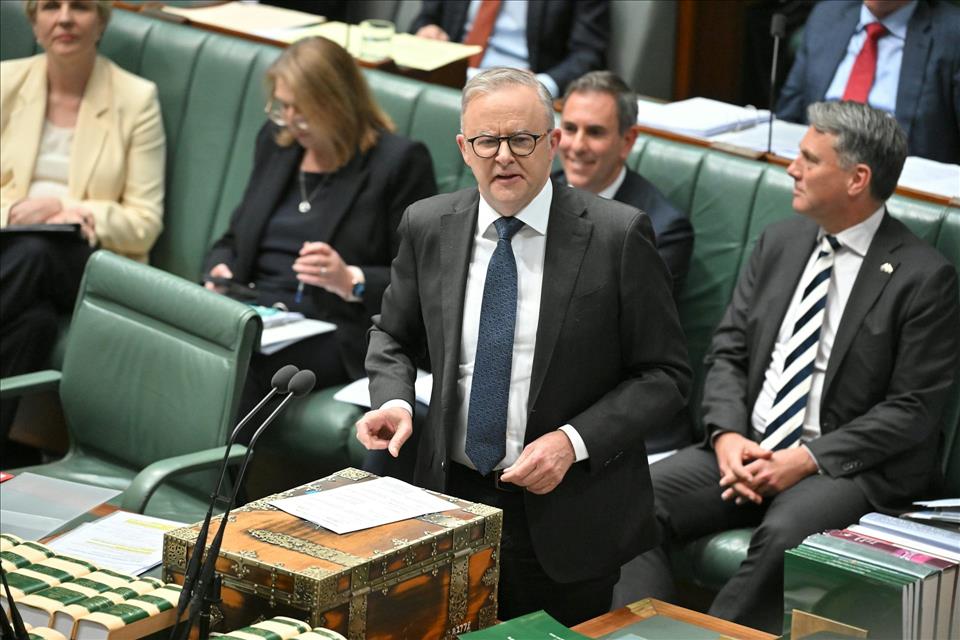
The Government Is Looking To Combat Disinformation But What About Truth In Political Advertising?
This is a laudable measure in the context of a rise of dangerous misinformation being peddled by conspiracy theorists and fringe groups, which arguably contributed to violent events such as the Bondi stabbing .
Significantly, the bill covers electoral misinformation that reaches the threshold of“serious harm”.
But while digital platforms regulated by the bill will need to take steps to protect the community from electoral disinformation, political parties can still lie in their electoral ads.
Why are political parties allowed to lie in their ads?There is little justification for allowing political parties to lie while banning corporations from engaging in misleading and deceptive conduct.
As former South Australian Premier Mike Rann has argued ,
One solution to this would be to introduce truth in political advertising laws throughout Australia. These laws would ban inaccurate and misleading statements of fact seeking to influence the outcome of an election.
These laws have existed in South Australia for the last 39 years, and have been more recently introduced in the ACT.
The federal government has committed to introducing truth in political advertising laws before the 2025 election.
Are truth in political advertising laws effective?My freshly launched report analyses the operation and effectiveness of truth in political advertising laws in South Australia (the only jurisdiction where these laws have operated thus far).
The findings are based on interviews with 21 current and former premiers, ministers, MPs, party directors/secretaries, electoral commissioners and civil society organisations.
The report shows there is strong support for these laws in South Australia by the political establishment.
The findings have also debunked some major concerns about truth in political advertising laws. It finds that these laws do not chill free speech, and the South Australian Electoral Commission's reputation for impartiality remains untarnished by administering these laws for the last 39 years.
There are, however, indications that truth in political advertising laws have increasingly been used as a political tool. They may also not adequately deal with matters such as disinformation using artificial intelligence.
This means these laws may need to be updated to be fit for purpose for modern digital campaigning.
What are the lessons for other jurisdictions?The lessons that can be learned are that truth in political advertising laws have operated effectively in South Australia for the past 39 years, and similar laws can be introduced in other jurisdictions.
The ambit of truth in political advertising laws in South Australia and the ACT is narrow: it is confined to statements of facts rather than opinions, which limits its efficacy. But this means that the laws are constitutional and enforceable, and do not chill free speech.
The OECD has noted the“rapid and global spread of mis- and disinformation”, which“presents a fundamental risk to the free and fact-based exchange of information underpinning democratic debate”.
False information can alter elections, affect voting participation, silence minorities, and polarise the electorate.
Truth in political advertising laws have successfully operated in South Australia for 39 years and have the support of the politicians, party officials, and electoral commissioners. It is time to consider introducing these laws more broadly across the federation.
-
Australia
South Australia
Legislation
Misinformation
Disinformation
Truth in political advertising

Legal Disclaimer:
MENAFN provides the
information “as is” without warranty of any kind. We do not accept
any responsibility or liability for the accuracy, content, images,
videos, licenses, completeness, legality, or reliability of the information
contained in this article. If you have any complaints or copyright
issues related to this article, kindly contact the provider above.


















Comments
No comment